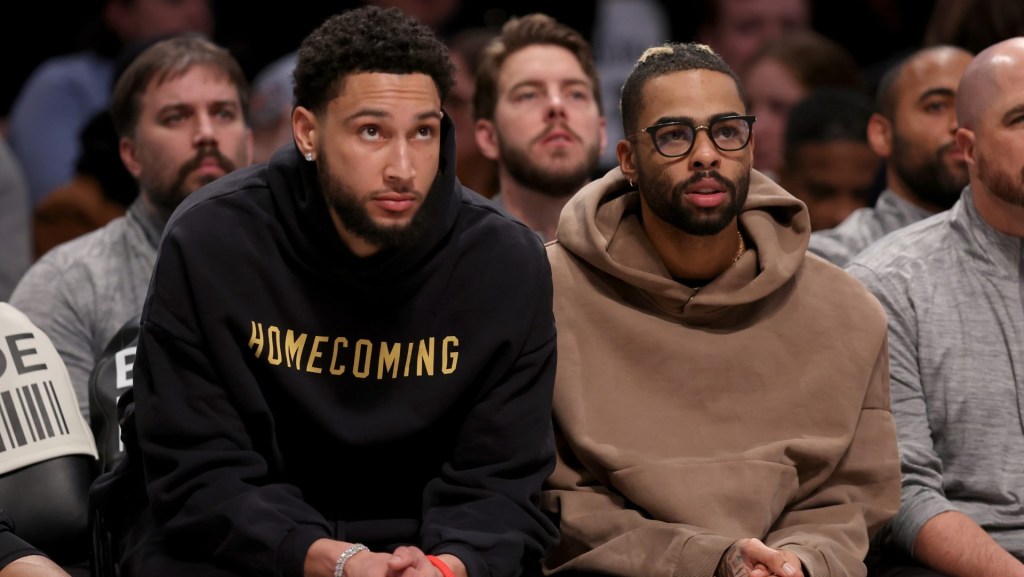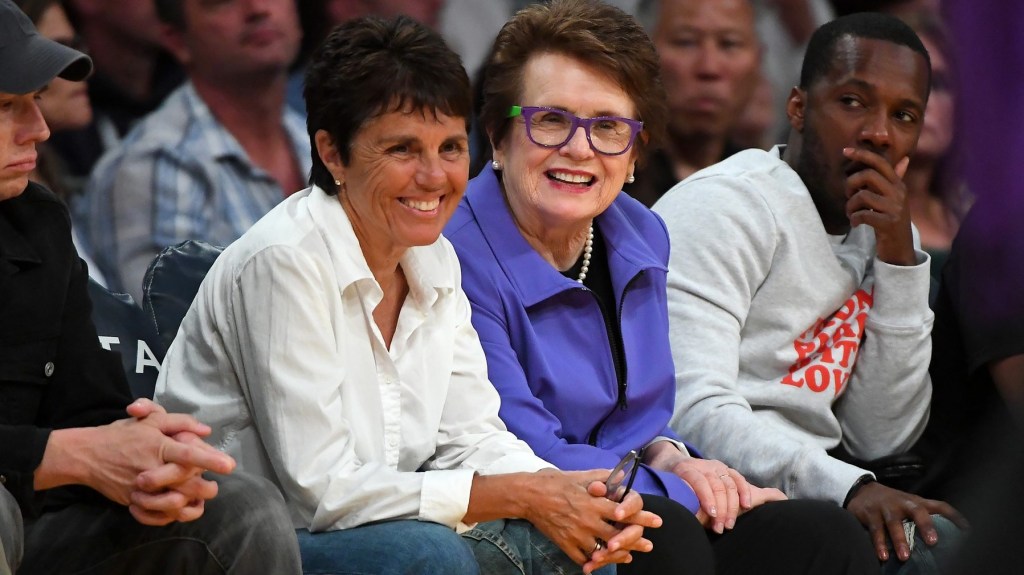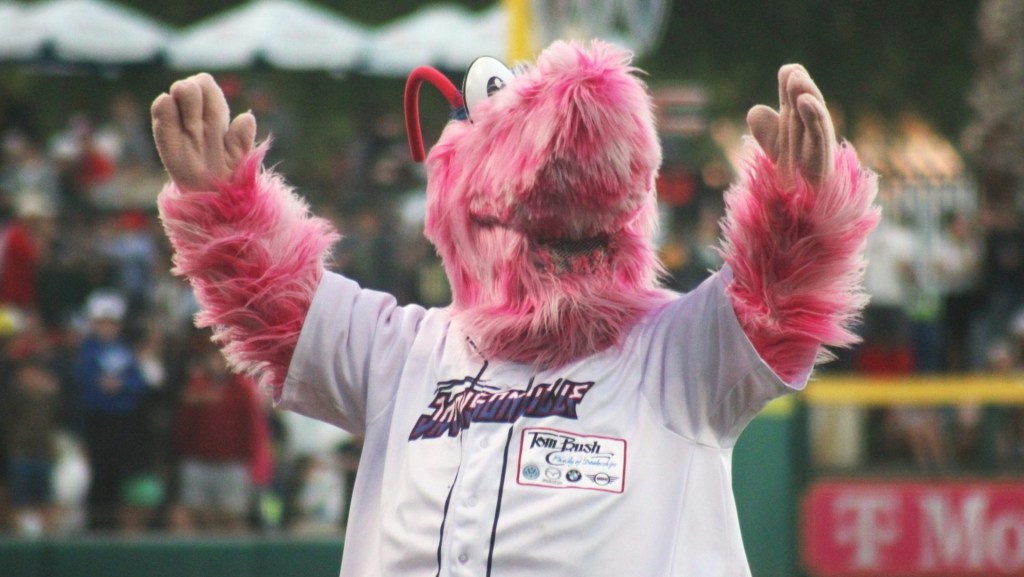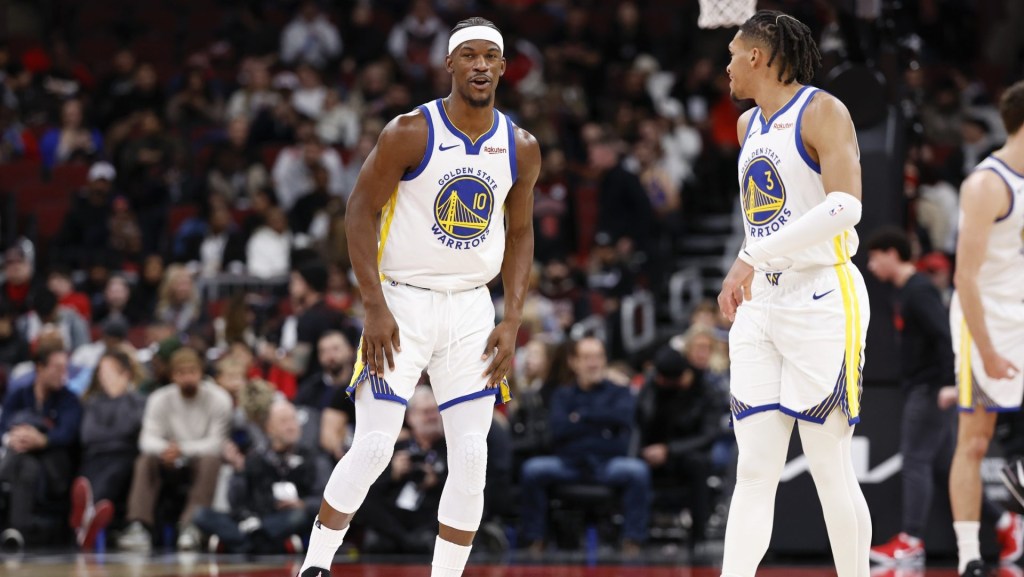GameStop continues to ruffle Robinhood’s feathers.
Robinhood raised over $1 billion from existing investors and its credit lines with banks. The move is intended to help meet financial demands from clearinghouses.
Clearing firms, which process and settle trades, require brokerages to maintain accounts at the firms due to the time difference between when new positions are booked and when cash is exchanged for securities.
Robinhood did not have enough cash on hand to handle the popularity of GameStop and other stocks this week.
In a statement, Robinhood said the decision to halt trading for GameStop and other stocks on Thursday was made because of “financial requirements, including SEC net capital obligations and clearinghouse deposits.”
Following complaints and lawsuits from customers, Robinhood allowed purchases of the stock today, but with limits.
- Customers could only increase their position in GameStop by five shares.
- Customers who already had more than five shares were not able to purchase more.
“To be clear, this was a risk-management decision, and was not made on the direction of the market makers we route to,” Robinhood said.
The SEC has stated that it will “review actions taken by regulated entities that may disadvantage investors or otherwise unduly inhibit their ability to trade certain securities.”
GameStop shares closed at $325.00 Friday, up over 7,000% in the last year.
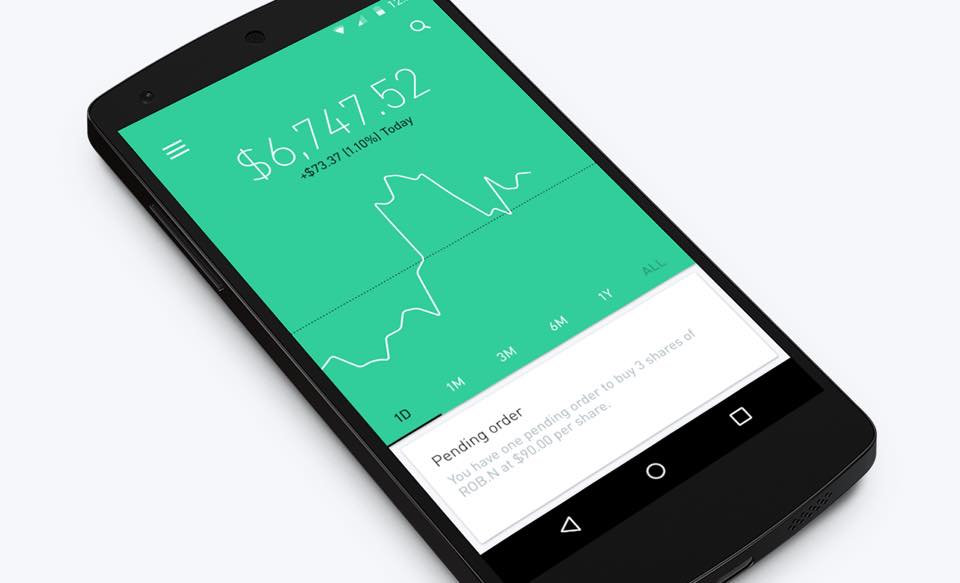

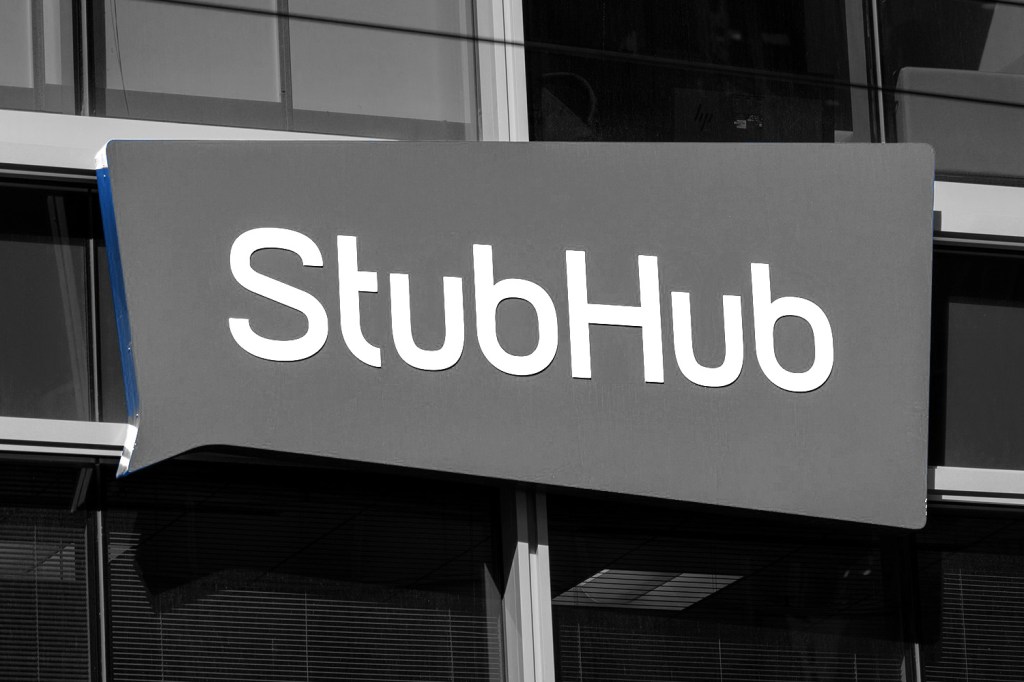
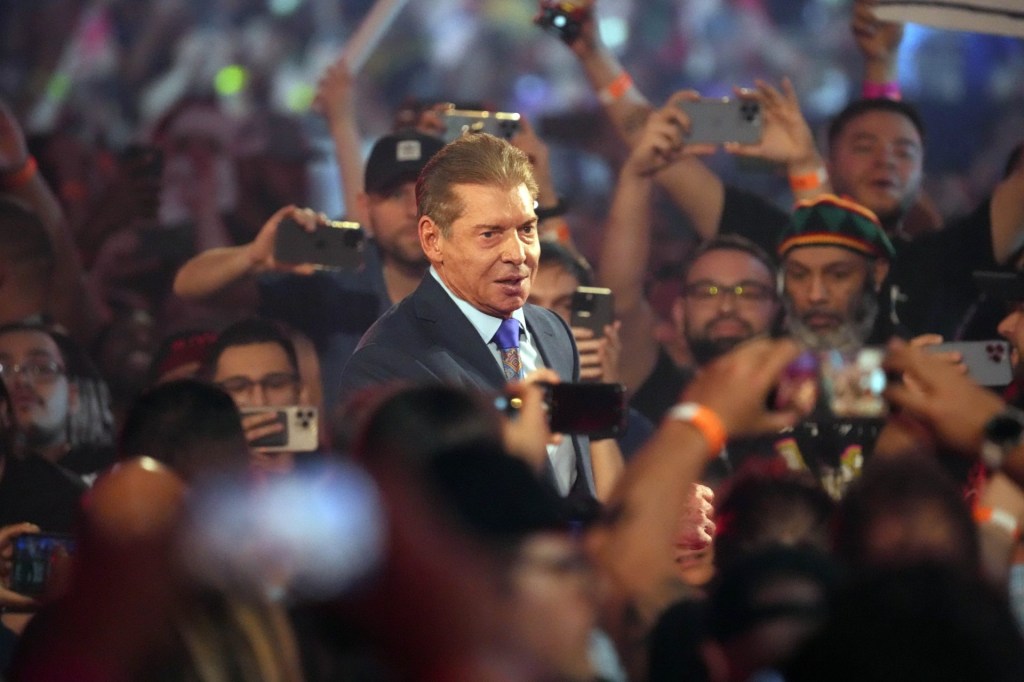
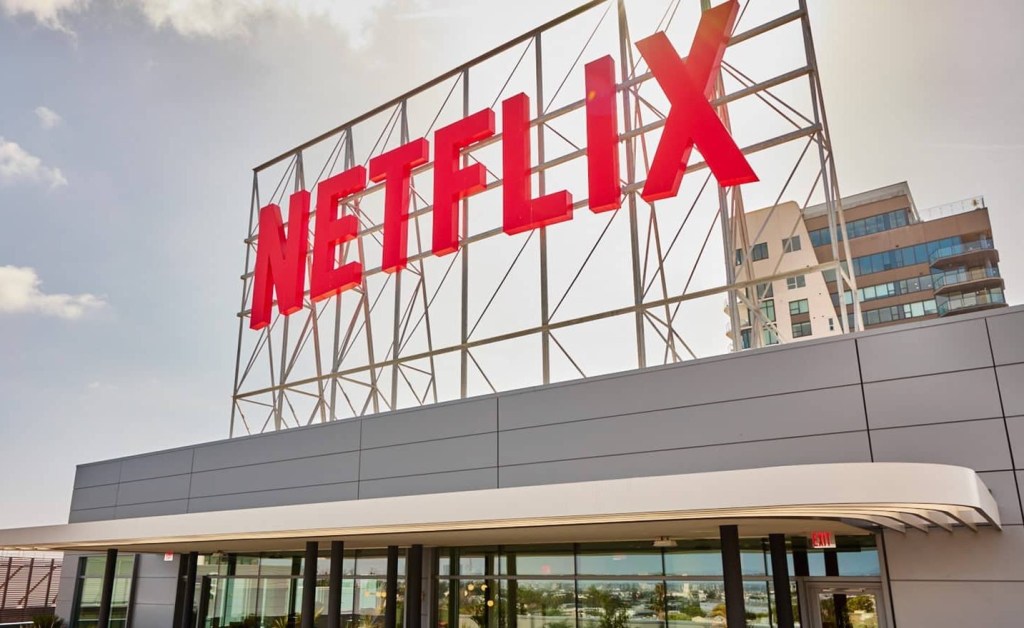


![[Subscription Customers Only] Jun 15, 2025; Seattle, Washington, USA; Botafogo owner John Textor inside the stadium before the match during a group stage match of the 2025 FIFA Club World Cup at Lumen Field.](https://frontofficesports.com/wp-content/uploads/2026/02/USATSI_26465842_168416386_lowres-scaled.jpg?quality=100&w=1024)
![[Subscription Customers Only] Jul 13, 2025; East Rutherford, New Jersey, USA; Chelsea FC midfielder Cole Palmer (10) celebrates winning the final of the 2025 FIFA Club World Cup at MetLife Stadium](https://frontofficesports.com/wp-content/uploads/2026/02/USATSI_26636703-scaled-e1770932227605.jpg?quality=100&w=1024)

